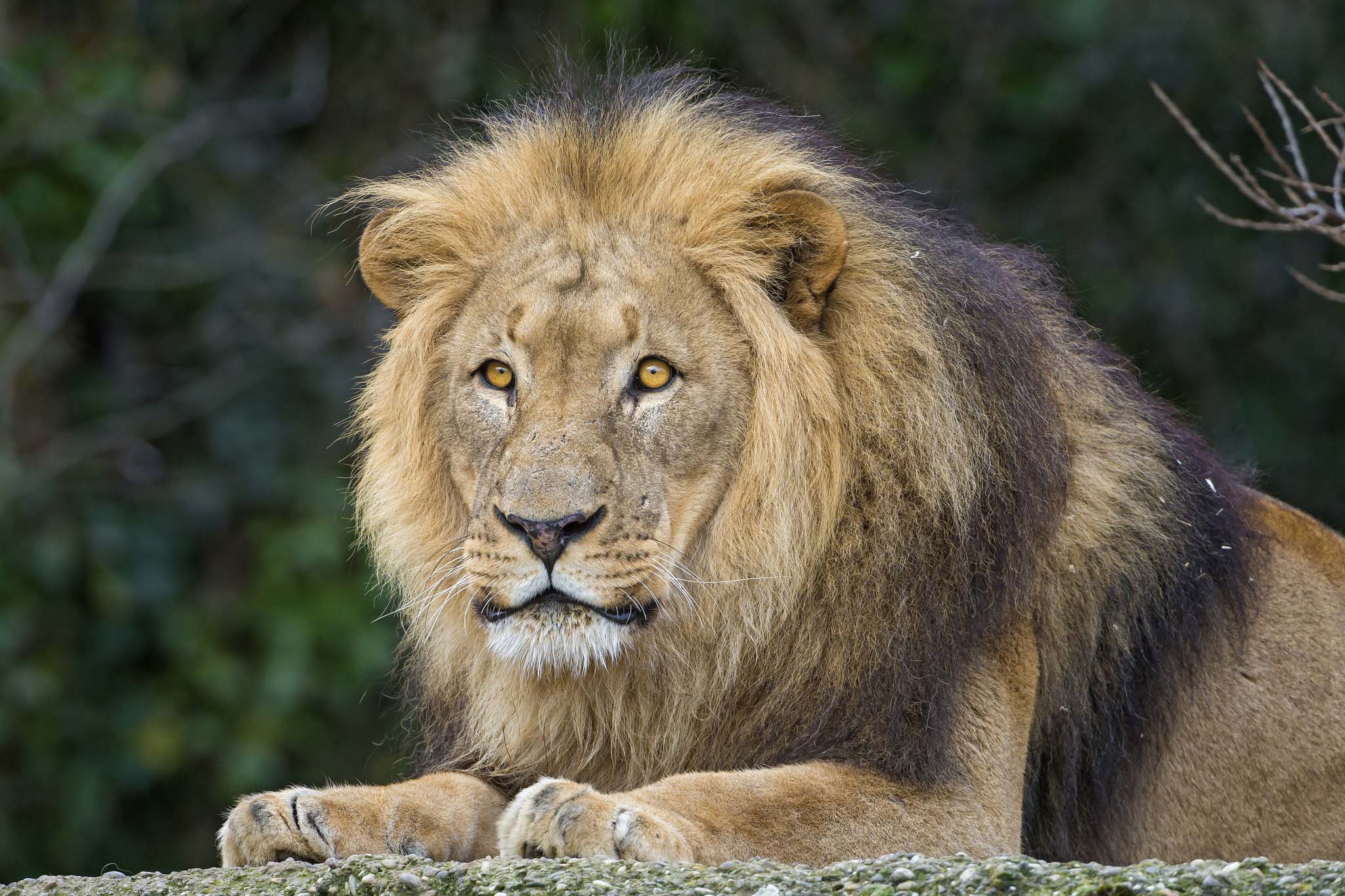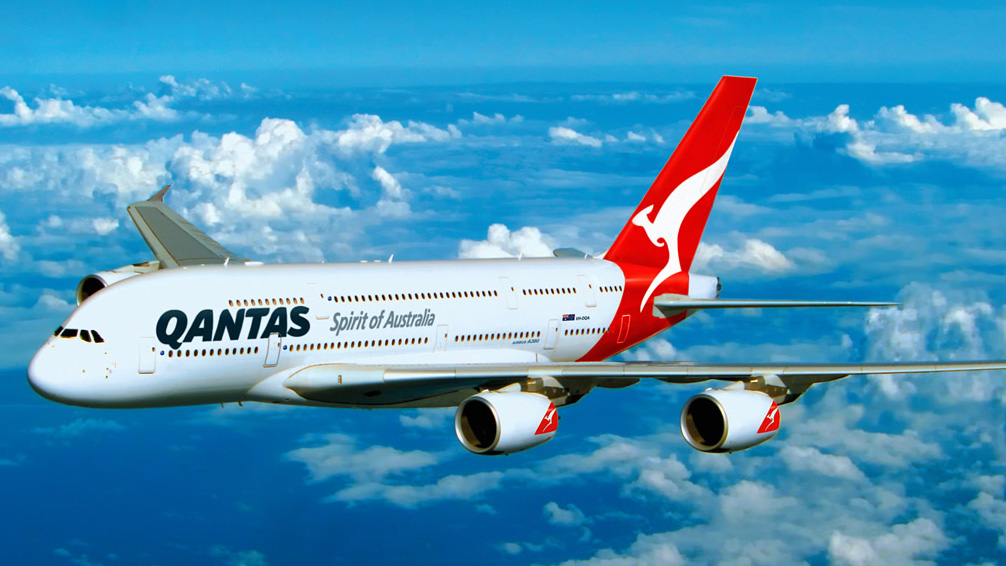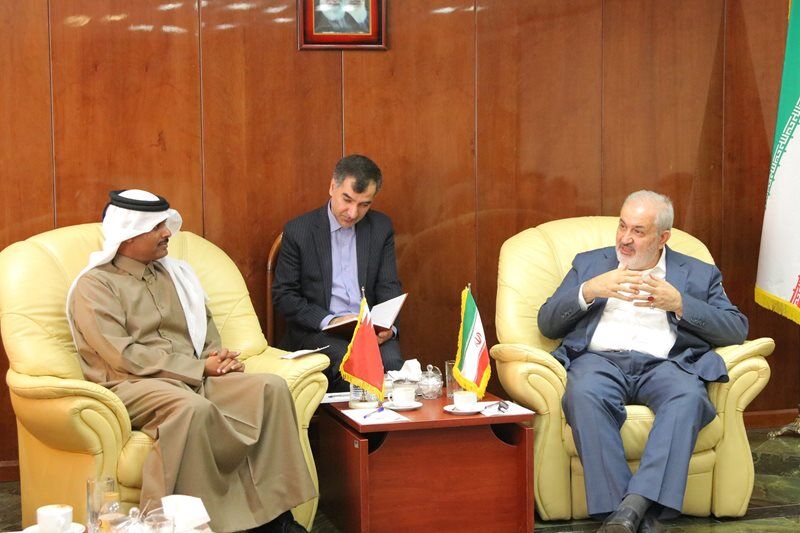
Qatar’s national airline has announced that it will now refuse to carry all hunting trophies on its aircraft.
Qatar Airways already had in place a ban on transporting the bodies of animals threatened with extinction, but has now expanded it to include all animals listed under the Convention on International Trade in Endangered Species (CITES.)
The airline’s move comes amid a global outcry over the shooting death of Cecil the lion in Zimbabwe by an American trophy hunter.
It also follows in the footsteps of Delta, United and American, who all announced similar bans in recent weeks.
Many other major airlines, including Emirates, British Airways and Virgin already had bans in place before Cecil’s death made the headlines.
South African Airlines also had an embargo in place, but decided to lift its ban on the transportation of lions, rhino, elephants and tigers on July 23d.
Some governments have expressed unhappiness with the blanket embargoes.
In a statement this week, South Africa’s Department of Environmental Affairs said that the ban could damage its country’s legal big game trade.
“The decision by Delta Airlines to enforce a blanket ban fails to distinguish between the trade in and transportation of legally acquired wildlife specimens, and the illegal exploitation and trade in wildlife specimens,” it said.
CITES species
More than 35,000 species (over 5,000 animals and 30,000 plants) are protected under the CITES.
Previously, Qatar Airways had banned the transportation of animals listed on CITES I, which includes species threatened with extinction.

Now however, the ban will extend to CITES II and III.
These lists include species protected by trade restrictions designed to preserve their populations, and those whose countries of residence have asked other CITES countries for help in controlling their trade.
African lions, such as Cecil in Zimbabwe, are listed in CITES II.
Commenting on the decision to extend its ban, Qatar Airways CEO Akbar Al Baker said the airline was committed to protecting endangered species:
“As one of the world’s leading airlines, serving customers across six continents, Qatar Airways recognises its responsibility to society, our communities and the environment. An absolute ban on all hunting trophies further extends our commitment to supporting the protection of endangered species and the elimination of illegal trading of animal products.”
Big cats as pets
In July last year, CITES called on governments in Qatar and the GCC to do more to enforce laws against raising big cats such as lions and cheetahs as household pets.
In response, the Ministry of Interior (MOI) issued a warning to Qatar residents about the dangers of illegally keeping large wild animals, and warned of a crackdown on those found to be doing so.
The practice is popular among some segments of society in Qatar and across the Gulf region, with wild cats – particularly cheetahs and lions – being favored as exotic pets.

Over the years, several photographs have been posted on social media showing the big cats around town, sitting in the passenger seat of SUVs and speed boats.
Last year, managers of the Pearl-Qatar, United Development Co. (UDC) confirmed that wild cats had been kept as pets on the island.
However, it said it had “zero tolerance” for violations of its policies, which prohibit exotic and wild animals from being kept within the island, adding that it took swift action:
“In one case, a resident kept a lion cub in one of the towers, while in the second case, a cheetah was kept by a resident in a Viva Bahriya tower. In both cases, UDC issued breach notices to the owners warning them to remove the animals immediately, and both animal pets were removed immediately.
Thoughts?
This story has been edited to reflect the fact that South African Airways withdrew its ban on hunting trophies in July. The airline’s ban was in effect for three months.







